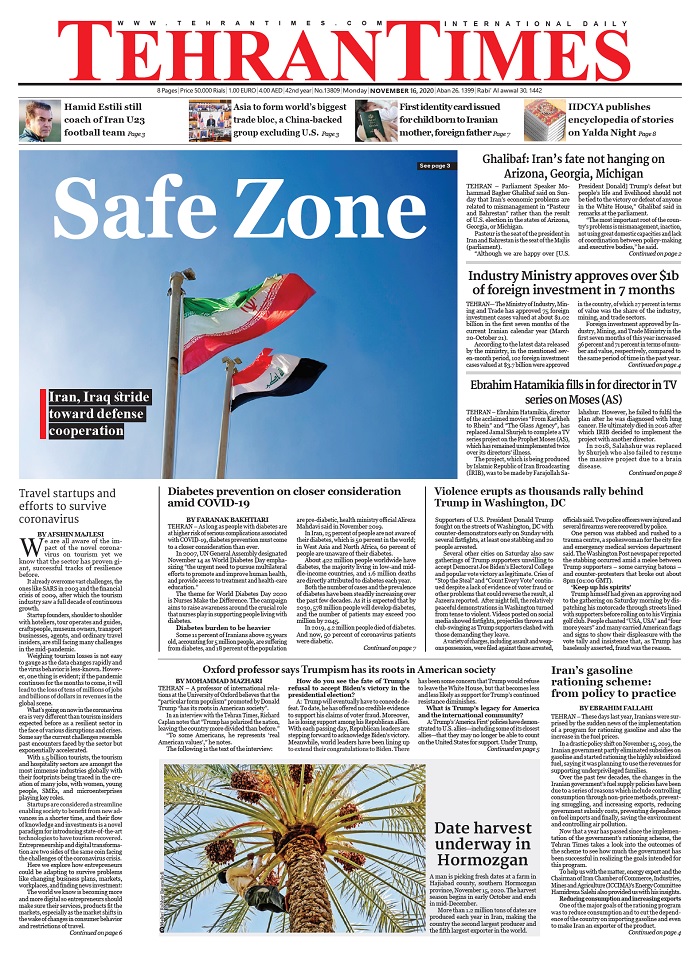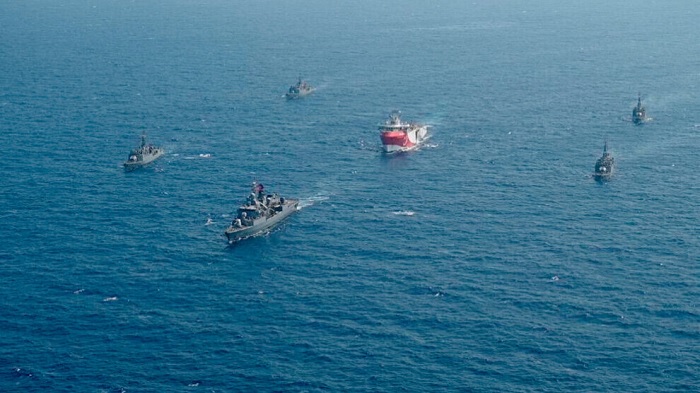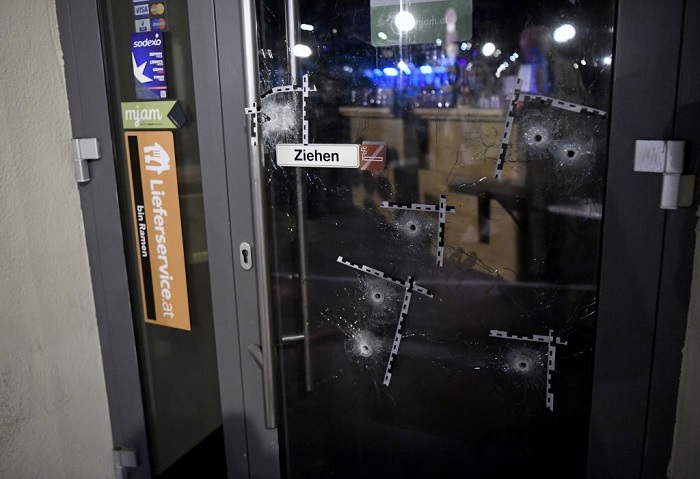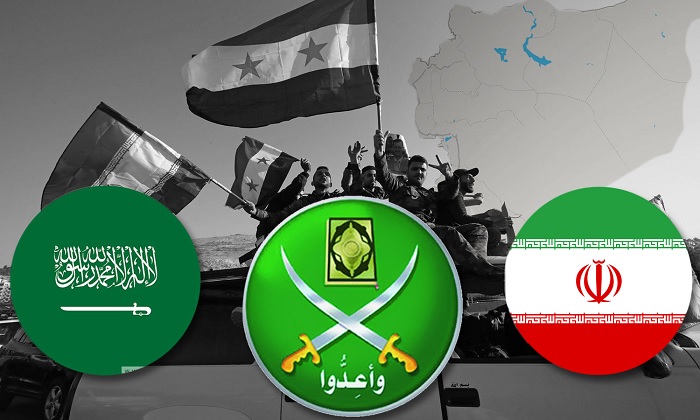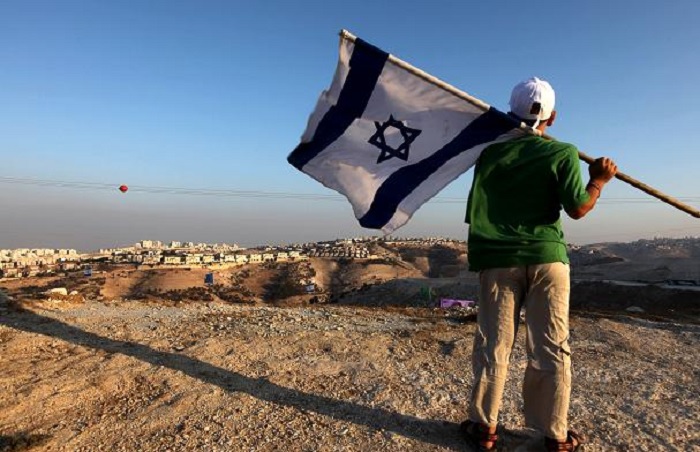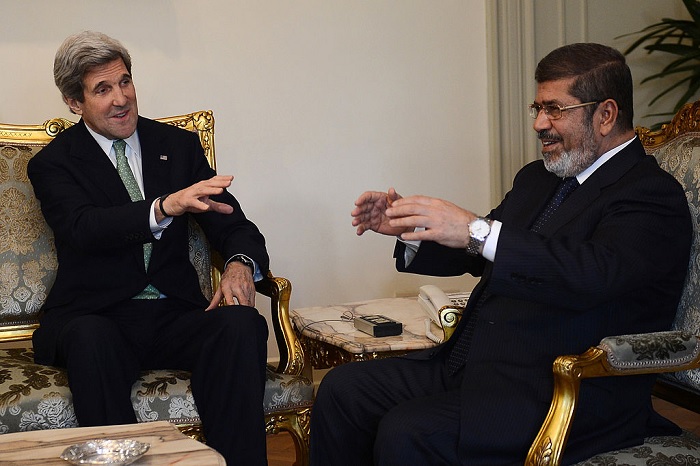Screws tighten on Gray Wolves, Erdogan’s European guard
France’s decision to outlaw the Gray Wolves marks a new milestone in Erdogan’s showdown with Europe over Turkish migrant groups, which he uses as a tool to advance his political agenda.
Tensions between Turkey and France, stoked by the French government’s plans to tackle “Islamist separatism,” are spilling over to Austria and Germany as Turkish Islamist and nationalist groups in Europe, mobilized by Ankara, are coming under tighter scrutiny.

